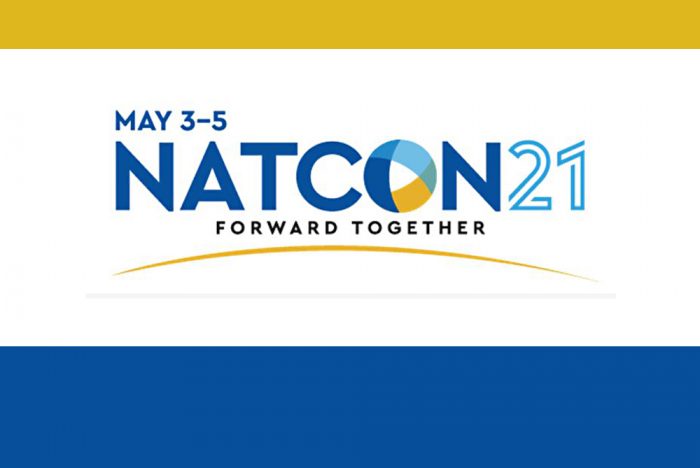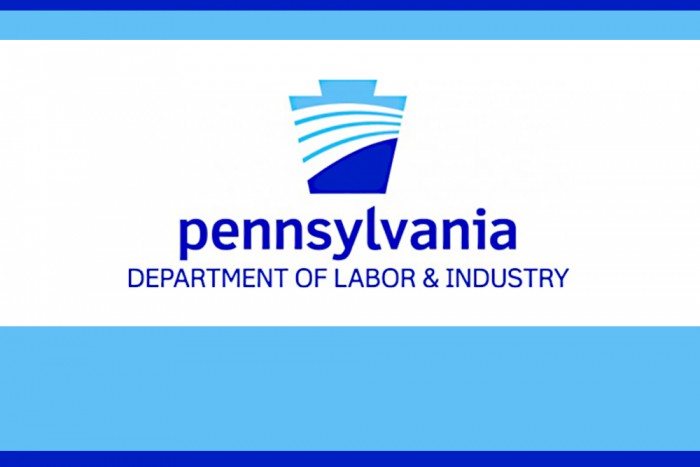Geisinger Partners with Acadia Healthcare to Expand Behavioral Health Services in Central and Northeastern Pennsylvania
Pennsylvania Extends J&J Vaccine ‘Pause’ by 4 Days
US DOL Seeking Input on Ensuring Equity in Employment for People With Disabilities
The U.S. Department of Labor is seeking input on ideas for ensuring equity in employment policies and programs for people with disabilities from historically underserved communities. Please consider sharing your ideas, reviewing community input, and commenting on others’ ideas. Your feedback will be used to identify solutions for overcoming barriers to employment for people with disabilities from diverse backgrounds, communities, and identities. It will also inform future programs and funding opportunities that equitably deliver employment services and supports to all.
Submissions are open through Monday, April 26, 2021. Visit here to submit your ideas.
Modernizing Long-Term Services And Supports And Valuing The Caregiver Workforce
ATI Advisory, supported by the Robert Wood Foundation, has conducted research to create a package of recommended legislative and administrative reforms around long-term services and supports (LTSS) and the caregiving workforce. The goal of their proposed reforms is to increase access to home and community-based services (HCBS), reduce the institutional bias in Medicaid, and create a strong caregiving workforce.
ATI Advisory’s proposed reforms include:
- Providing states with financial relief through an enhanced federal match for Medicaid HCBS
- Modernizing long-standing eligibility policies that make it difficult for individuals to receive care in the community and at home
- Investing in the direct care workforce by increasing compensation, elevating the work, and implementing policies that engage, retain, and develop workers
Visit here to read the full article.
Pa. COVID-19 Update: Hospitalizations Rise by more than 100 in a Week
Decision-Making for Adults with Disabilities Webinar — Wednesday, April 21, 2021
Control over your finances involves making many decisions — for example, when you buy a car, choose an apartment, or negotiate a salary. But you don’t have to make those decisions by yourself. In fact, many of us use a network of support, including family, friends, and trusted advisors. In this webinar we will discuss the differences among supported decision-making, representative payee, guardianship, and powers of attorney.
Attendees will learn:
- Different ways people with disabilities can get help in decision-making about health care and money
- How to incorporate supported decision-making
- Ways to self-advocate for the control in decisions you want and need
- Practical next steps and resources for help.
You can register here for this webinar.
This webinar is part of Money Talks, a free series hosted by Pennsylvania Assistive Technology Foundation on financial empowerment for people with disabilities. If you are a person with a disability, a family member of someone who has a disability, an advocate, an educator, or a service provider, this series is for you. Sessions will include 30-45 minutes of interactive learning and 15 minutes for questions. Each session will be fully accessible, and recordings and slides will be made available. Learn more, view previously recorded webinars, and register for this month’s webinar at Money Talks.
DDAP Announces Grant Initiative Funding Opportunity
The Pennsylvania Department of Drug and Alcohol Programs (DDAP) announces a new grant initiative funding opportunity. DDAP is accepting applications from entities with the capacity to deliver employment support services to individuals in recovery from Substance Use Disorder (SUD) seeking to enter the workforce. Employment support services under this project include but are not limited to: vocational assessments, resume writing, interviewing skills, job placement, and transportation assistance related to employment. Applicants shall identify at least one employer partner that is committed to providing employment opportunities to individuals in recovery from SUD.
Applications are due by Monday, May 17, 2021 at 12:00pm. More information is available on DDAP’s website.
RCPA Member Webinar on April 26 Featuring Jen Swails, Budget Secretary

The RCPA Member Update webinar scheduled for Monday, April 26, 2021 from 2:00 pm–4:00 pm will include a presentation from Secretary of the Budget Jen Swails, who will discuss several issues, including the impact of the American Rescue Plan on state revenue and programs, particularly those programs related to health and human services. There will also be an opportunity for discussion and question and answers.
Ms. Swails has a strong background in health and human services, having served as a senior analyst for various state government fiscal offices prior to being named Budget Secretary. She has presented before at RCPA meetings, and we are pleased to have her available for this discussion.
Please register here to attend this webinar. We look forward to your participation!
RCPA Establishes D&A Medication Subcommittee
RCPA’s Drug & Alcohol Division has established a Medication Subcommittee. As medication becomes more integral to the addiction treatment system, RCPA members have an opportunity to influence medication-related policy through their experience and expertise. Consider:
- Access to and integration of medications to treat addiction at all levels of care has become a priority in Pennsylvania.
- Acceptance of medication as an integral part of treatment continues to grow, especially in areas historically reluctant to embrace it, including criminal justice.
- The COVID pandemic has changed the treatment landscape, ushering in telehealth and the promise of broader access to care, including medication.
In considering access and integration challenges, regulations, reimbursement, best practice, research, and provider experience, this subcommittee will set an agenda and work with RCPA leadership, other RCPA members, state regulators, payers, legislators, and other key stakeholders to advance that agenda.
Your expertise is invaluable in helping the treatment provider community set this agenda and achieve its goals. If you are interested in participating in the Medication Subcommittee, please email Jason Snyder, Director, RCPA Drug & Alcohol Division.

















